 ‘While the whole Riemvasmaak community was forced to comply with the defense force’s demands to move, Geel escaped back to civilisation. He was an articulate, educated man in his sixties, respected for his entrepreneurial skills and the easy way he had with strangers. Mr Gibson, the manager CJ had appointed many years before, welcomed his friend from the Kalahari with open arms. Together they set about expanding BCS – Bothma Courtier Services – to satisfy the international demand for the secure transfer of documents, packages and even money.’ Gertruida brightens at the thought. ‘The two of them were really a remarkable team.’
‘While the whole Riemvasmaak community was forced to comply with the defense force’s demands to move, Geel escaped back to civilisation. He was an articulate, educated man in his sixties, respected for his entrepreneurial skills and the easy way he had with strangers. Mr Gibson, the manager CJ had appointed many years before, welcomed his friend from the Kalahari with open arms. Together they set about expanding BCS – Bothma Courtier Services – to satisfy the international demand for the secure transfer of documents, packages and even money.’ Gertruida brightens at the thought. ‘The two of them were really a remarkable team.’
***
It took many months for the Riemvasmakers to settle in remote Damaraland; in the area they were supposed to stay there was no real infrastructure. Susan insisted that she and Herman remain with the people she loved and very soon it became abundantly clear that Herman would have his hands full, taking care of everybody. Babies were born, stomach and lung problems were common and malnutrition took its toll.
Soon, however, Herman’s services were in demand on a far greater scale. There were no doctors for many hundreds of miles around the new settlement. Farmers and their families, their workers, policemen, missionaries and travelling salesmen soon queued up in front of the tent they stayed in. Within six months Herman had to build a small building to house a clinic. Medicines were brought in (later via BCS!) from Windhoek. And before he could build a house for them, the first of several rooms were added to the clinic, to house much needed beds for the sick and infirm.
***
‘Yes,’ Gertruida says, ‘they did get married. Right there, in front of their tent, by one of the German missionaries who had come for treatment of his gout. It was a simple service, but the entire community turned out to witness the start of an amazing marriage. Their meal on the day? A barbecued chicken, donated by the ululating crowd around their tent. At least, the missionary paid for his treatment with some sherry. As far as honeymoon nights go, it must rank as one of the most strange, ever. True to their nature, the newly-weds smiled and took it in their stride.
‘Some time later Herman suggested that they hand over the reins of their businesses to Geel and Mr Gibson. Susan had been the only heir to CJ’s estate and it was impossible to manage the growing little empire from the wilderness of Damaraland. Susan immediately agreed and so Geel became the owner/CEO of CJ’s legacy. He did send a portion of their profit to the people in exile every month, and it did a lot to make their lives easier.
‘Susan, in the meantime, studied Herman’s books and became a rather efficient pharmacist and assistant in the busy practice. She also assumed the role of mother to the Riemvasmakers, listening to complaints and helping out where she could.
 ‘Griet Loper springs to mind when I tell you about that time in Damaraland. The Riemvasmakers were a determined, hard-headed bunch. No government was going to force them into being second-rate citizens. Griet was a restless soul and eventually made off with a small bundle of clothing. Just took to the road and kept on walking. Eventually, she came to a little cluster of buildings next to the dusty road with the name of Solitaire. The kindly owner, a Scot by the name of Moose McGregor took pity on her and employed her in the kitchen. In those days Moose sold petrol along this long and corrugated road to the coast and he thought it a good idea to make an extra buck by selling refreshments.’
‘Griet Loper springs to mind when I tell you about that time in Damaraland. The Riemvasmakers were a determined, hard-headed bunch. No government was going to force them into being second-rate citizens. Griet was a restless soul and eventually made off with a small bundle of clothing. Just took to the road and kept on walking. Eventually, she came to a little cluster of buildings next to the dusty road with the name of Solitaire. The kindly owner, a Scot by the name of Moose McGregor took pity on her and employed her in the kitchen. In those days Moose sold petrol along this long and corrugated road to the coast and he thought it a good idea to make an extra buck by selling refreshments.’
Much to Moose’s surprise, Griet produced a real German apfelstrudel one day, using some left-over apples a broke traveler had exchanged for a cold Coke. Griet used a recipe handed down by her great-grandmother, who had been a cook to a German garrison stationed at Numatoni, in the Etosha region. Of course, that was before the horror of the war against the Herero’s, which almost wiped out that entire nation. Incidentally, that war was the reason why Griet’s family fled South West Africa to settle in Riemvasmaak, in the beginning of the 1900’s .

Numatoni Fort, 1939
‘Well, that apple pie was something else! Moose McGregor became famous for his delicious apfelstrudel, a reputation that is alive and well today, even after his death. Needless to say, Griet’s future turned out to be a happy and content one in the many years she spent at Solitaire.
‘Oh,and there’s Lena, Mama Namibia herself. Came from Riemvasmaak as a young girl, but, wow, did she turn out to be a gem! Today she runs Wilderness Safari’s luxury Damara Camp in the remote Damara desert landscape, a woman of importance! And what about Petros Sand, the man who started farming with vegetables in the fertile Swakop River bed, near Swakopmund?
‘But I digress,’ Gertruida sighs, ‘the most important part is still to come. And it involves all of us…’
To be continued…

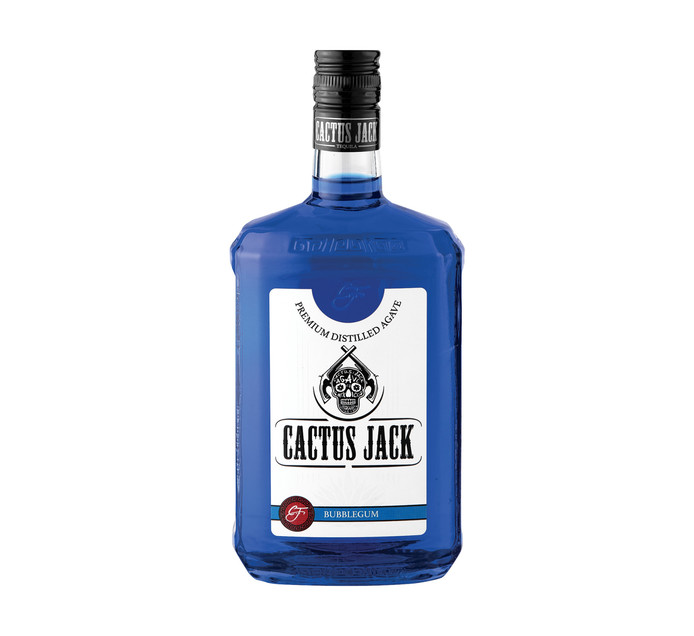 Whenever Gertruida gets near the end of one of her lo-o-o-ng stories, she’ll order a round of Cactus Jack, like she does now. That usually serves as a sort of warning for the audience to steel themselves – the climax is near. And that could be happy…or sad. Whichever way it goes, it helps to be prepared.
Whenever Gertruida gets near the end of one of her lo-o-o-ng stories, she’ll order a round of Cactus Jack, like she does now. That usually serves as a sort of warning for the audience to steel themselves – the climax is near. And that could be happy…or sad. Whichever way it goes, it helps to be prepared.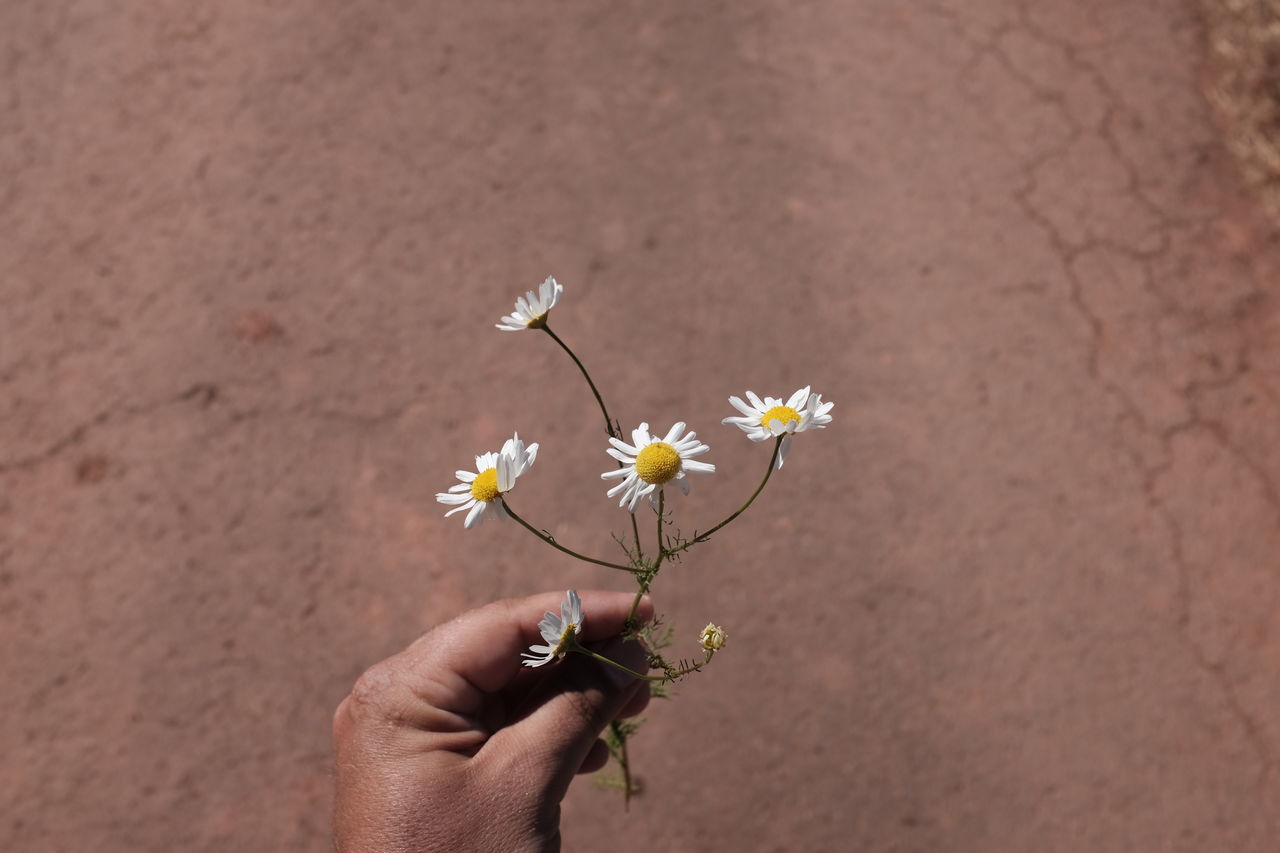 ‘And then Susan had the strangest dream. Or vision. Or Imaginary moment. Whatever you call it, doesn’t matter. What matters is that she saw, or felt and heard, her mother. Francina was smiling, waving as she walked away from her. She blew a kiss and whispered goodbye. She was dressed in white and held a twig of Namaqua daisies in her hand. Susan saw her mother disappearing as if in a thin mist, and just before she was completely gone, she dropped the flowers.’
‘And then Susan had the strangest dream. Or vision. Or Imaginary moment. Whatever you call it, doesn’t matter. What matters is that she saw, or felt and heard, her mother. Francina was smiling, waving as she walked away from her. She blew a kiss and whispered goodbye. She was dressed in white and held a twig of Namaqua daisies in her hand. Susan saw her mother disappearing as if in a thin mist, and just before she was completely gone, she dropped the flowers.’ ‘You mother is dying, Miss Susan. Soon, she’ll know the world is on the other side. But we’ll stay behind for a while. We’ll join her when the time comes. But now, in this time, we must endure. Think about it: do we have a choice? Can the Gemsbok wish for more grass when the drought has withered the veld? No, they know how to endure – and that is what we must do now. Yes, we must grieve, but we must grieve with gratitude. Be happy for the past and look forward to the future. The rain will come again. The season will change. And we’ll be together again when the time is right.’
‘You mother is dying, Miss Susan. Soon, she’ll know the world is on the other side. But we’ll stay behind for a while. We’ll join her when the time comes. But now, in this time, we must endure. Think about it: do we have a choice? Can the Gemsbok wish for more grass when the drought has withered the veld? No, they know how to endure – and that is what we must do now. Yes, we must grieve, but we must grieve with gratitude. Be happy for the past and look forward to the future. The rain will come again. The season will change. And we’ll be together again when the time is right.’ ‘To describe the mindset of the Bothma family back then, you only have to consider what the average farmer feels like today.’ Gertruida makes a vague gesture with her free hand (the other holding a cold one, despite Tannie Zuma’s decrees). ‘Abandoned. Forlorn. Angry. Depressed. Like today’s farmers, they were realists. The war was drawing to a close after more than 11,000 South Africans – Black, White and Coloureds – died in battle. We simply do not know how many casualties our forces suffered, nor how many struggled with mental illness afterwards. What is known, is that the Afrikaners were fed up with the Smuts government.
‘To describe the mindset of the Bothma family back then, you only have to consider what the average farmer feels like today.’ Gertruida makes a vague gesture with her free hand (the other holding a cold one, despite Tannie Zuma’s decrees). ‘Abandoned. Forlorn. Angry. Depressed. Like today’s farmers, they were realists. The war was drawing to a close after more than 11,000 South Africans – Black, White and Coloureds – died in battle. We simply do not know how many casualties our forces suffered, nor how many struggled with mental illness afterwards. What is known, is that the Afrikaners were fed up with the Smuts government. Malan and Strijdom used the churches, the newspapers and the radios to re-educate an entire nation. Blatant propaganda focused on the danger of communism and the deterioration of independent African states. The progressive destruction of the country’s motto – ‘Ex Unitate Vires’, In unity lies our Strength – created an unbridgeable divide between the peoples who live in this beautiful country.
Malan and Strijdom used the churches, the newspapers and the radios to re-educate an entire nation. Blatant propaganda focused on the danger of communism and the deterioration of independent African states. The progressive destruction of the country’s motto – ‘Ex Unitate Vires’, In unity lies our Strength – created an unbridgeable divide between the peoples who live in this beautiful country.

 Andries cut the gland up in long, thin strips. When he turned to view CJ’s wound, Francina saw the stump for the first time that morning. Some of the swelling was gone, but the original incision had parted to reveal the rotting bone that used to be the femur of his upper leg. She also became aware of the scent filling the hut – it reminded her of a buchu-ointment – one of the natural medications Oupa had formulated for CJ’s company before the war.
Andries cut the gland up in long, thin strips. When he turned to view CJ’s wound, Francina saw the stump for the first time that morning. Some of the swelling was gone, but the original incision had parted to reveal the rotting bone that used to be the femur of his upper leg. She also became aware of the scent filling the hut – it reminded her of a buchu-ointment – one of the natural medications Oupa had formulated for CJ’s company before the war.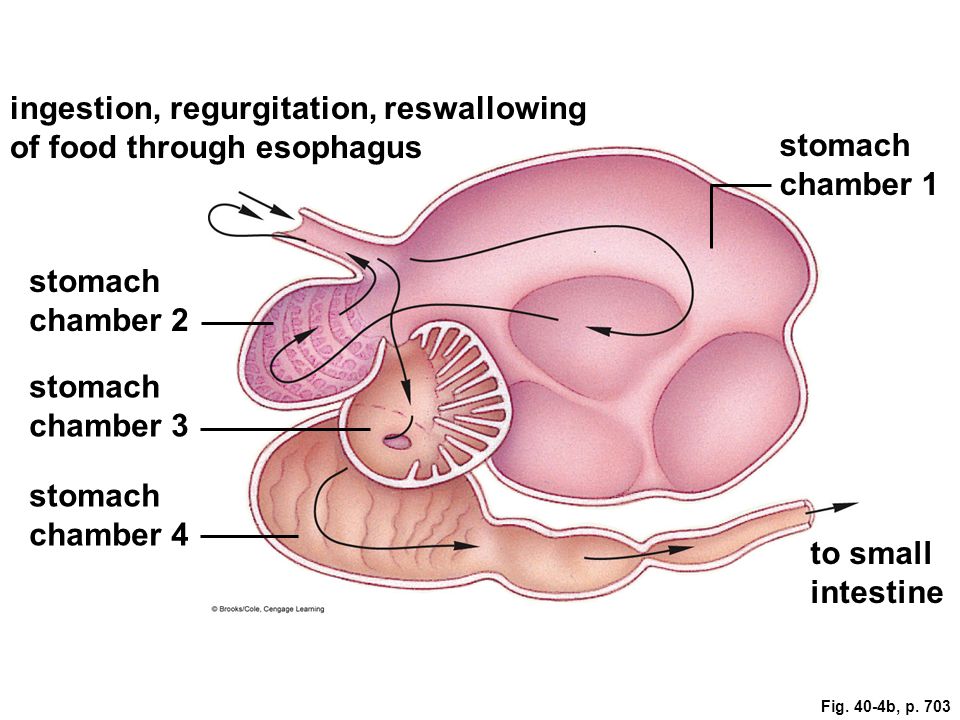 Andries removed a bulbous sac from the abdominal cavity. The upper end was tied with a thong. Then in deft, easy movements, Andries placed the strips of thymus in the gaping wound. What followed, did make her sit up straight, despite her sedation.
Andries removed a bulbous sac from the abdominal cavity. The upper end was tied with a thong. Then in deft, easy movements, Andries placed the strips of thymus in the gaping wound. What followed, did make her sit up straight, despite her sedation.
 By this time, little CJ Jnr had learnt not to question the older members of the tribe, but Francina had not. ‘How will an Eland save my husband? We need to get to a hospital. Can’t you see he’s dying?’
By this time, little CJ Jnr had learnt not to question the older members of the tribe, but Francina had not. ‘How will an Eland save my husband? We need to get to a hospital. Can’t you see he’s dying?’ ‘Imagine the scene, guys.’ Gertruida closes her eyes to see the picture in her mind. ‘Oupa’s village was situated near a fountain, not too far from where Riemvasmaak is today. That area, like you know, had been home to the Khomani people for as long as they can remember. Of course, they preferred to be called Riemvasmakers, because of the history. Originally the group moved there from South West Africa, so in reality they weren’t necessarily San people, but more like the Damara lineage.’
‘Imagine the scene, guys.’ Gertruida closes her eyes to see the picture in her mind. ‘Oupa’s village was situated near a fountain, not too far from where Riemvasmaak is today. That area, like you know, had been home to the Khomani people for as long as they can remember. Of course, they preferred to be called Riemvasmakers, because of the history. Originally the group moved there from South West Africa, so in reality they weren’t necessarily San people, but more like the Damara lineage.’ For once, Gertruida wasn’t one hundred percent right. The Riemvasmakers were a diverse group – a minor rainbow nation, comprised of Khomani, Nama, Xhosa, Coloured and Herero people, as well as the Damaras. Although they called themselves Riemvasmakers as a collective term, the individual groups retained their cultures and oral histories. Oupa’s group was a minority. The Khomani once lived in scattered groups in the Northern Cape, South West Africa and Bechuanaland Protectorate. Quite a number of them settled in the Mier area, where their culture was preserved to some degree.
For once, Gertruida wasn’t one hundred percent right. The Riemvasmakers were a diverse group – a minor rainbow nation, comprised of Khomani, Nama, Xhosa, Coloured and Herero people, as well as the Damaras. Although they called themselves Riemvasmakers as a collective term, the individual groups retained their cultures and oral histories. Oupa’s group was a minority. The Khomani once lived in scattered groups in the Northern Cape, South West Africa and Bechuanaland Protectorate. Quite a number of them settled in the Mier area, where their culture was preserved to some degree.
 ‘The other good thing that happened during the flu epidemic, was Francina Malan, a young nurse who had heard of Oupa’s Powders. Unlike most of the Johannesburg Hospital staff, she wasn’t a nun. If I have to guess, she might not even have been a qualified nurse, and maybe just a sort-of helper, a nursing assistant of sorts. All we know today, is that she worked in the Barney Bernato wing of the hospital, where a lot of flu patients died.
‘The other good thing that happened during the flu epidemic, was Francina Malan, a young nurse who had heard of Oupa’s Powders. Unlike most of the Johannesburg Hospital staff, she wasn’t a nun. If I have to guess, she might not even have been a qualified nurse, and maybe just a sort-of helper, a nursing assistant of sorts. All we know today, is that she worked in the Barney Bernato wing of the hospital, where a lot of flu patients died. ‘Anyway, most probably out of sheer desperation, she bought some of Oupa’s Powders from one of the street vendors and mixed it into a patient’s soup. The patient made a wonderful recovery. She then wanted to know more about the remedy and, following the trail back to Oupa, she met CJ.’
‘Anyway, most probably out of sheer desperation, she bought some of Oupa’s Powders from one of the street vendors and mixed it into a patient’s soup. The patient made a wonderful recovery. She then wanted to know more about the remedy and, following the trail back to Oupa, she met CJ.’
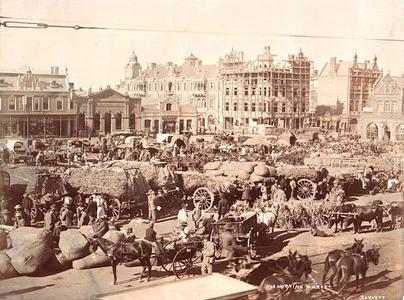
 Gertruida – who knows everything – will tell you, you get many types of winds. You get sandy winds that drive the Kalahari sand so hard it takes the paint off your vehicle. Sometimes you get a wet wind with a few scattered raindrops between the dust particles. And there is the cold wind that chills the very life out of everything.
Gertruida – who knows everything – will tell you, you get many types of winds. You get sandy winds that drive the Kalahari sand so hard it takes the paint off your vehicle. Sometimes you get a wet wind with a few scattered raindrops between the dust particles. And there is the cold wind that chills the very life out of everything. A Dismal Wind blows in from the west, from the Namibian coast where the cold Benguela sea stream courses northward. Here the wind picks up moisture to form a fog that feeds the sparse succulent plants in the desert and the occasional desert beetle collects on its surface. (They stand on their heads to drink, incidentally.)
A Dismal Wind blows in from the west, from the Namibian coast where the cold Benguela sea stream courses northward. Here the wind picks up moisture to form a fog that feeds the sparse succulent plants in the desert and the occasional desert beetle collects on its surface. (They stand on their heads to drink, incidentally.) attempts to contact Pottie failed, she took to writing letters. Long, forgiving love letters, which she wedged between the locked farm gate and the post of the two-spoor road leading to Potties farm. There they remained stuck while she added more and more letters every week – for months.
attempts to contact Pottie failed, she took to writing letters. Long, forgiving love letters, which she wedged between the locked farm gate and the post of the two-spoor road leading to Potties farm. There they remained stuck while she added more and more letters every week – for months.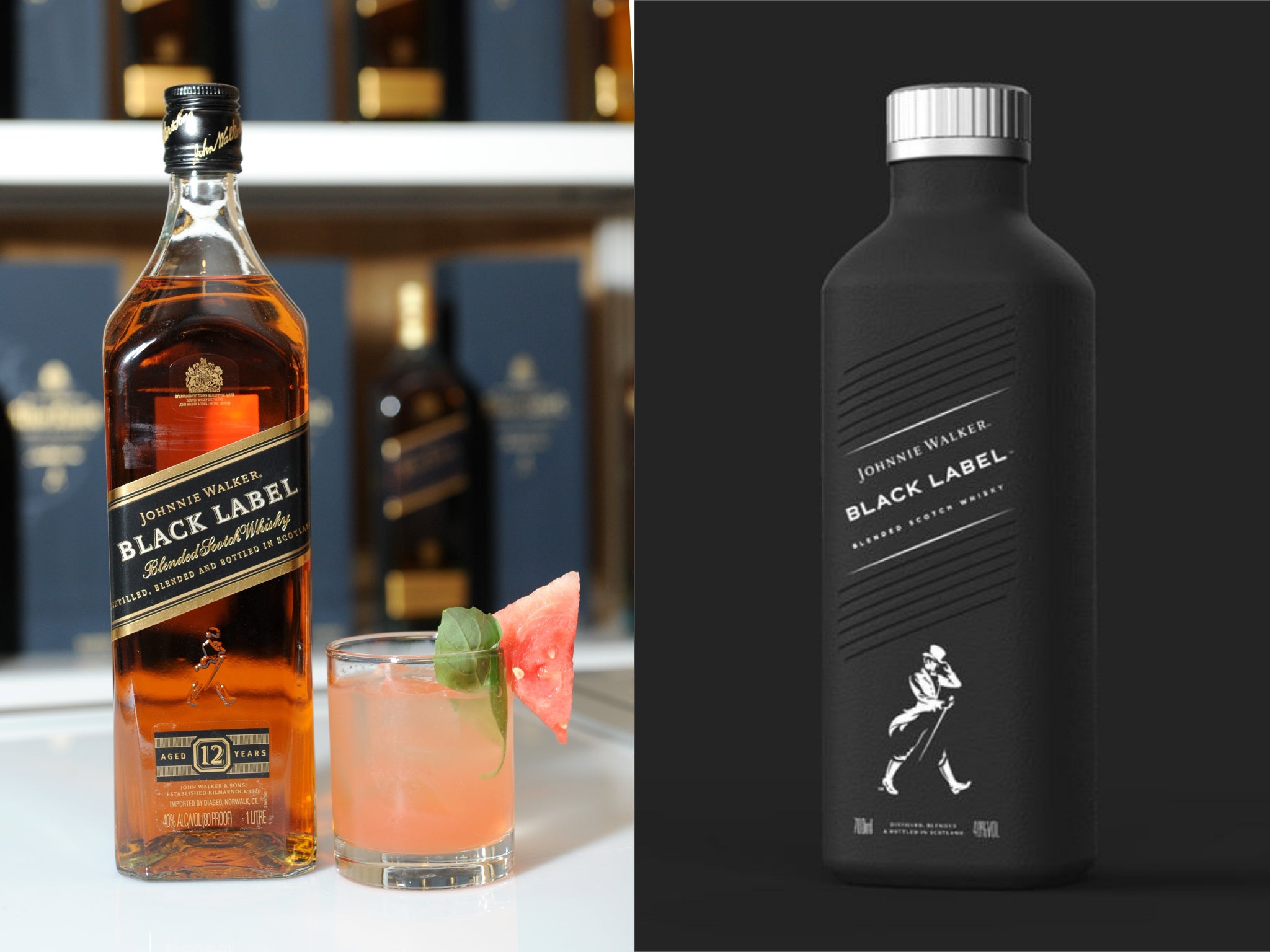 It’s been one of those rare, quiet mornings in Boggel’s Place where everybody is too angry to engage in superficial chit-chat. The news that Boggel’s most expensive drink is going to be sold in paper bottles, has been just too much. Vetfaan reckons these bottles won’t withstand the stresses and shocks of Upington’s potholes.
It’s been one of those rare, quiet mornings in Boggel’s Place where everybody is too angry to engage in superficial chit-chat. The news that Boggel’s most expensive drink is going to be sold in paper bottles, has been just too much. Vetfaan reckons these bottles won’t withstand the stresses and shocks of Upington’s potholes.